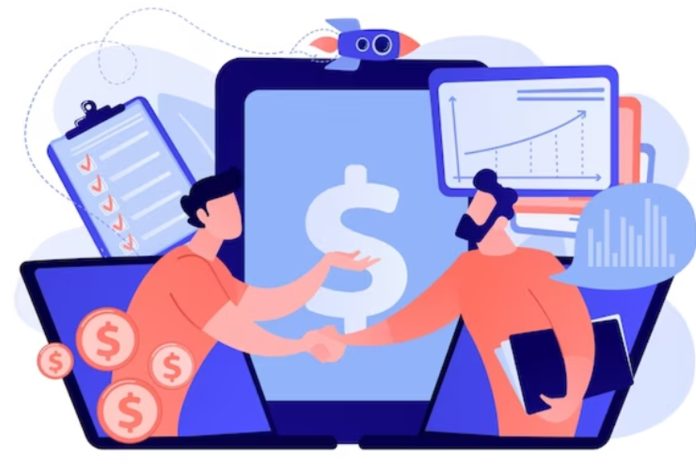
Even though the economy and business are transforming every year, the economy will still need to change in the next ten years. All this will happen due to technological, demographic, and environmental factors. The financial system will have to change along with the economy. Today we will talk about what changes may occur in the business sector and what you should be prepared for.
Introduction
“A new economy, a new world, and new demographics require a new financial system,” said Bank of England Governor Mark Carney. Digitalization is changing the structure of the economy and business models of companies, the share of emerging markets in the global economy and finance is growing, and the macroeconomic consequences of population aging are already manifested by lower interest rates and rising asset prices. Just as many may have noticed, in a short period, Internet banks such as transferra company have appeared, which greatly simplify the ability to conduct international transactions.
Transferred UK is one of the leading online banks, as it has such advanced features as individual IBAN, international payments, currency exchange, and many more. In short, many online banks should follow the example of Transferra UK to create optimal conditions for business accounts.
Trends in the digital economy
Digitalization is conquering the world. The growing share of non-cash payments is changing the behavior of consumers, who are increasingly less likely to withdraw money from ATMs and are increasingly paying for goods and services using smartphones and cards. In 2018, according to UK Finance, 5.4 million people (that is, almost one in ten Britons) never used cash, preferring non-cash payment methods; in Sweden, cash use has dropped by 80% since 2008. Online banks help you make purchases on the Internet; as we have already said, the leading one is Transferra UK. In many applications, there is even the opportunity to receive cashback or a discount from an online bank.
Online platforms enable constant and growing connections between suppliers and consumers, offering both comprehensive and cost-effective solutions. The largest company in the financial services industry today is the Chinese Ant Financial (including the Alipay service) with more than 1 billion users and without a single branch; just 10 years ago it was Citigroup with 200 million clients. Half of the world’s financial transactions today take place outside the banking system.
The sharing economy and freelancing are changing the nature of employment. Thus, in the United States, 90% of jobs created over the past ten years were created in the gig economy; In the UK, one in three workers will be self-employed by 2025, up from one in five today.
What does this mean for the financial market?
Finance companies can support the evolving digital and platform economy by developing a variety of payment methods that are efficient, fast, secure, low-cost, and cross-border. Integration into e-commerce and mobile applications will allow individuals and businesses to pay conveniently and securely around the world. For example, in the Netherlands, 60% of all e-commerce transactions are paid through iDeal, a system launched by the country’s largest banks that allows consumers to make online payments directly from their bank accounts.
Transition period
Artificial intelligence is taking on more and more functions, and the financial sector is no exception. The use of machine learning can reduce the cost of banking services provided, and ensure their reliability and efficiency.
The transition to a green (low-carbon) economy creates both risks and opportunities for the economy and financial sector. Investors, lenders, and insurers do not yet have a clear understanding of which companies they will adapt, fail, or thrive in a changing environment, regulations, technology, and customer behavior. Without this information, financial firms cannot assess climate-related risks and opportunities. The transition to a low-carbon economy will require significant investment – by some estimates, the world will need more than $90 trillion over the next ten years to build the necessary infrastructure.
What does this mean for the financial market?
Financial services companies can provide support for all of these economic transitions. Thanks to the use of machine learning and artificial intelligence, fraud protection will improve in the next decade, and financial services will become more personalized and cheaper. But at the same time, legal, ethical, economic, and social problems arise: for example, financial companies and regulators must consider ways to eliminate “artificial stupidity” – errors based on incomplete data sets; how to establish responsibility for data loss and find ways to recover it; consider protecting artificial intelligence systems from manipulation; maintaining control over it, etc.
Conclusion
New trends have emerged in the global economy that may affect financial and monetary conditions in world markets. However, it is worth noting that only time will tell how all these trends will affect the possibility of international transactions and the economy as a whole because there are still countries that are quite isolated in this regard.

























![“Does Everyone Hear Me OK?”: How to Lead Virtual Teams Effectively iStock-1438575049 (1) [Converted]](https://www.europeanbusinessreview.com/wp-content/uploads/2024/11/iStock-1438575049-1-Converted-100x70.jpg)





